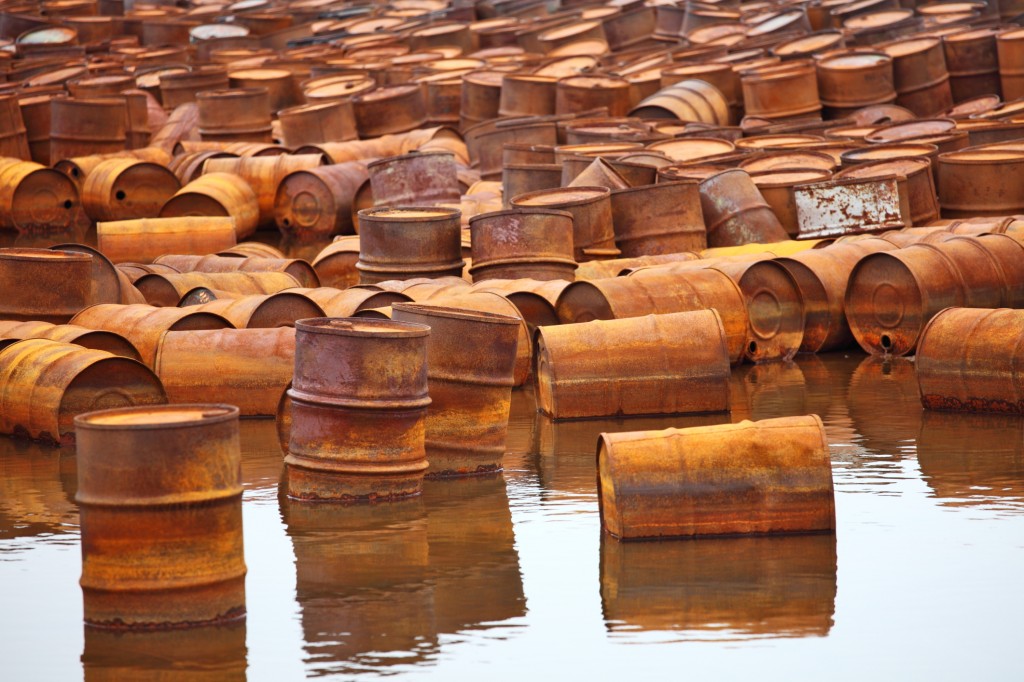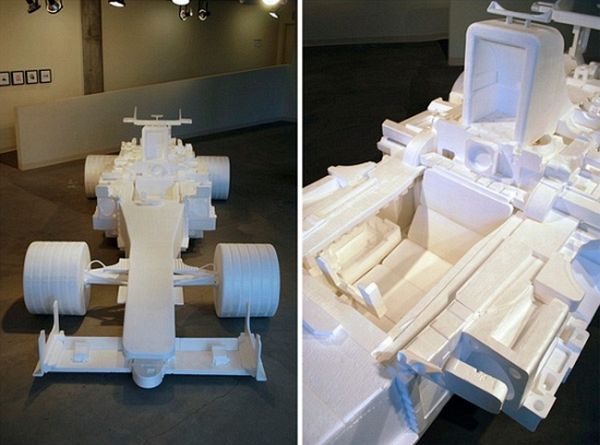It is very important to earn a livelihood with the means of working somewhere or the other. Industries play a very important role in order to promote livelihood and of course add great value to the economy of the country.
However, nobody can deny that though the industries are important, they do harm the environment a lot. True those industries have in a way increased their role in corporate social responsibility toward the environment significantly for the last few years.
Nevertheless, the type of harm that the industrial wastes does cannot of course compete with whatever little that people do in return for tampering the environment. The correct path is not just being responsible toward the environment after tinkering with it, but how the wastes are treated right after their dawn.
The Wrong Practices of dumping Industrial Wastes
The problem with industries is that most do not have a well thought out plan for dumping their wastes in a proper manner. Most of the industries simply load trucks with wastes to either sell them or in fact just simply dump them in some fields or some empty space.
In fact, some industries take the process of dumping wastes further by polluting water bodies. This has promoted water pollution and of course has simply poisoned not just the environment in general but has seeped its way in drinking water resources.
In fact, many babies born in places where industries dominate are naturally disabled. This is caused because pregnant women are exposed to the harmful wastes they are exposed to and of course more or less, because there is no proper plan for dumping them.
The Correct Treatment
It is of course no confusion that the correct way to treat them would be to recycle the wastes that are spared.
After all the wastes were good at one point of time, in its most purest and raw forms. With some amount of technique, these wastes can be used to either make something or use them in a way, which will help to benefit some.
For starters, after recycling these scrap metals or alloys or whatever wastes are spared may be used to build something crude or some spare part or another, which might not require some pure resources.
The next option is of course to recycle the wastes in order to convert them into compost for other purposes.
For starters, such converted materials are a very good substitute for traditional composts, which will help your plants or produce or gardening hobbies to grow and flourish.




